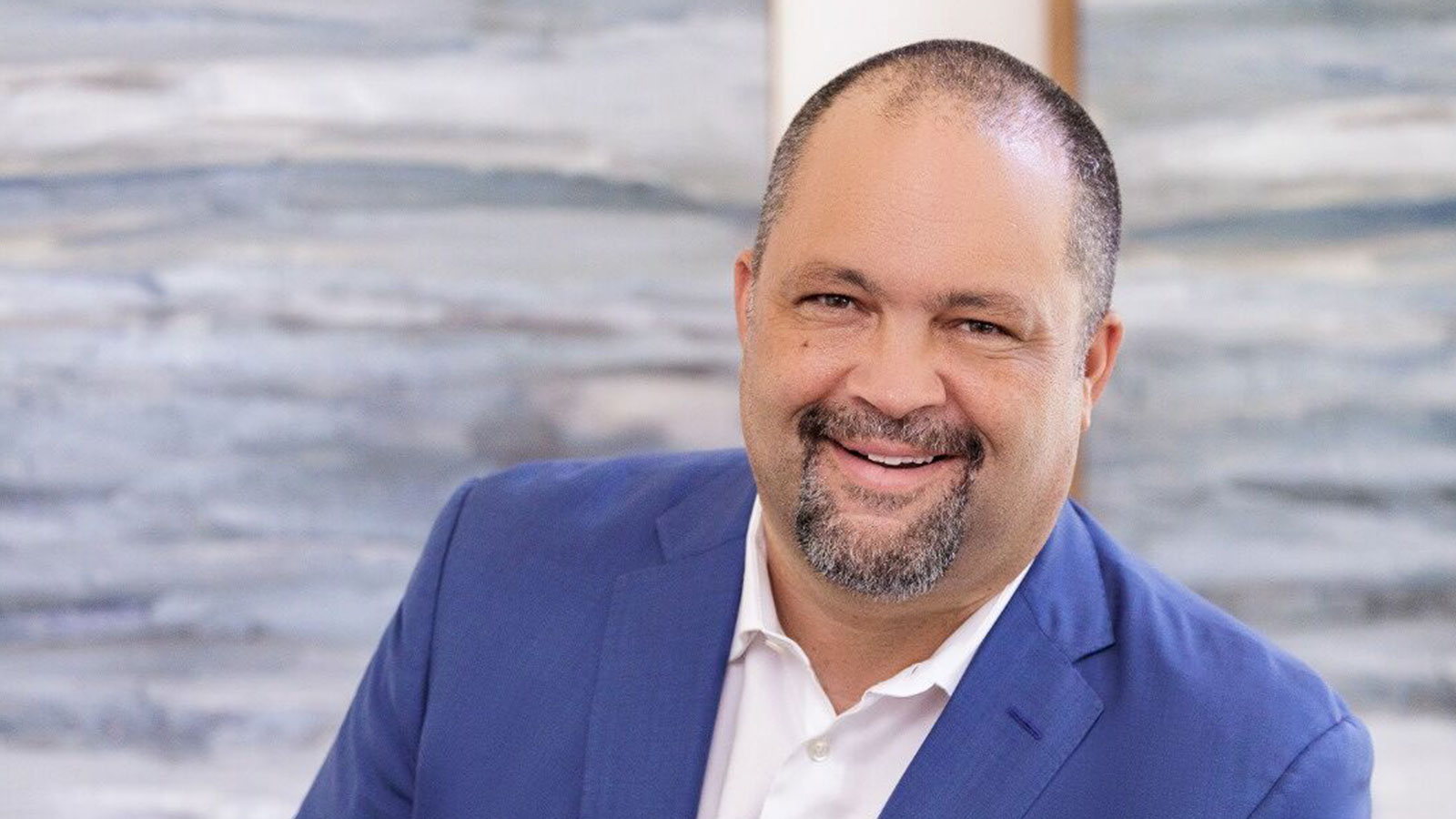We’ve had more mass shootings this year than we’ve had days this year.
It’s sad to imagine that Half Moon Bay and Monterey Park will join a list with Uvalde and Buffalo and Orlando and Charleston and Sandy Hook and Columbine, reference points for a national epidemic we haven’t mustered the will to end despite decades of tragedies. But they likely will unless we can confront both the symptom that is gun violence and the underlying disease that causes it.
I shoot for sport, and I’ve trained others to shoot. I live in a coastal community in Maryland where hunters and hikers share wild places and work together to preserve them.
I also live not far from the Capital Gazette’s offices, where a man armed with a shotgun and angered by newspaper stories about him killed five and injured two five years ago. For generations, many in my family have served in law enforcement. I support common-sense steps to keep guns out of the hands of those who have demonstrated they shouldn’t have them. We all know that list by now — more and more thorough background checks, bans on assault weapons and unnecessarily large magazines, red flag laws that allow guns to be taken away from those who are risks to others or themselves, and penalties for gun owners who fail to keep them out of the hands of children, teens, and mentally unstable people.
Fighting the disease at the root of the violence demands that we address it like the public health crisis it is. I realized that as a graduate student at Oxford when I started exploring rates of suicide in the United States. Almost unfettered access to guns, particularly handguns, has a lot to do with the numbers. If you try to kill yourself with a firearm, you’re much more likely to succeed. While suicides among young black men sparked my research, I learned that white men over 55 were more likely to die of suicide with a gun than black men 15 to 30 were to kill each other with a gun. You would never have known that from the media and popular culture at the time.
What pushes those two trend lines in the same direction are shared causes – hopelessness, economic uncertainty, downward mobility, and addiction all made more painful by social isolation. Those same factors feed the cultural and political polarization that has many wondering about the future of our republic.
Let’s not accept the isolation so many feel and the polarization we see in our public discourse as reinforcing and insurmountable. Let’s be determined to act now to find the solutions we can agree on – even gun owners overwhelmingly support some regulations, just as majorities support helping those with mental health needs.
I’ve seen this happen. When I was young, my dad organized a peer counseling program for abusive men, with 80 men taking part every six weeks. Men grew not only more empathetic but more humane. Some eventually wanted to do more together and formed Whites Interrupting Racism in our community. It was one of many lessons my dad taught me – that how we treat each other in our lives shapes what we’ll permit in the structures of our country.
Ben Jealous is the incoming executive director of the Sierra Club, the oldest and most influential grassroots environmental organization in the country. He is a professor of practice at the University of Pennsylvania and author of “Never Forget Our People Were Always Free,” published in January.















